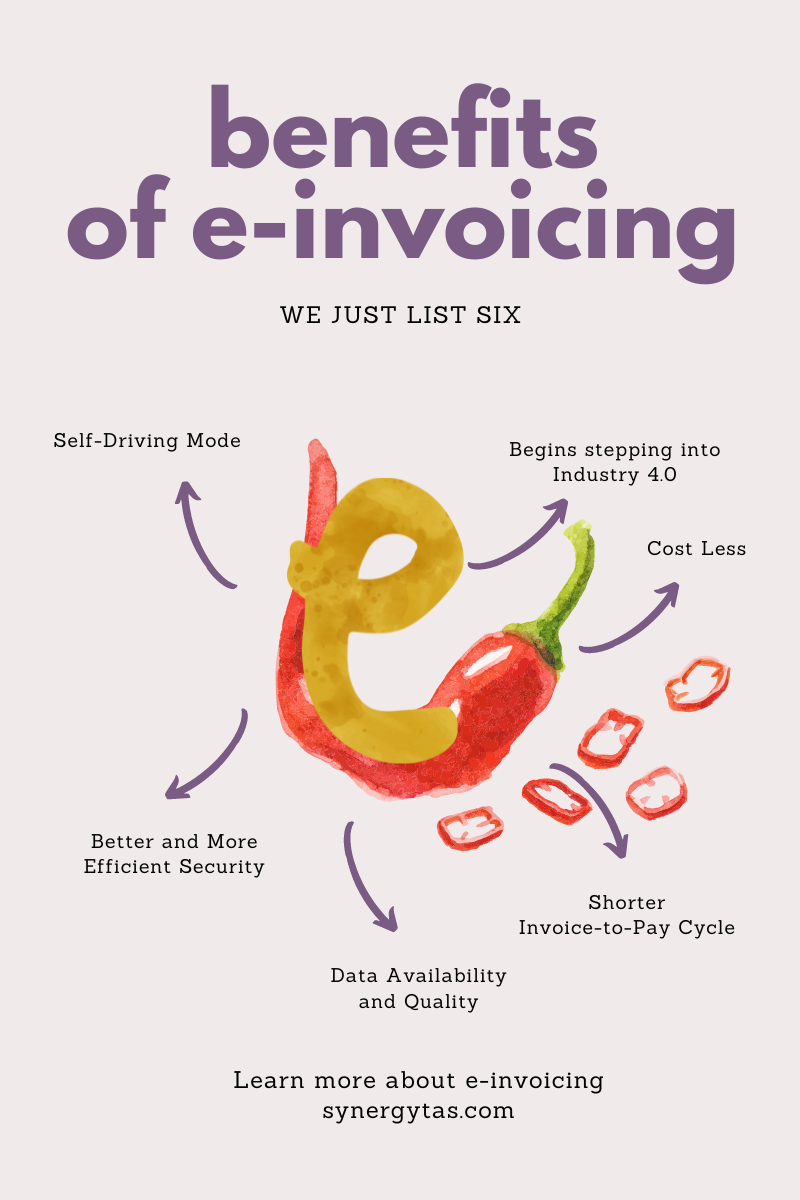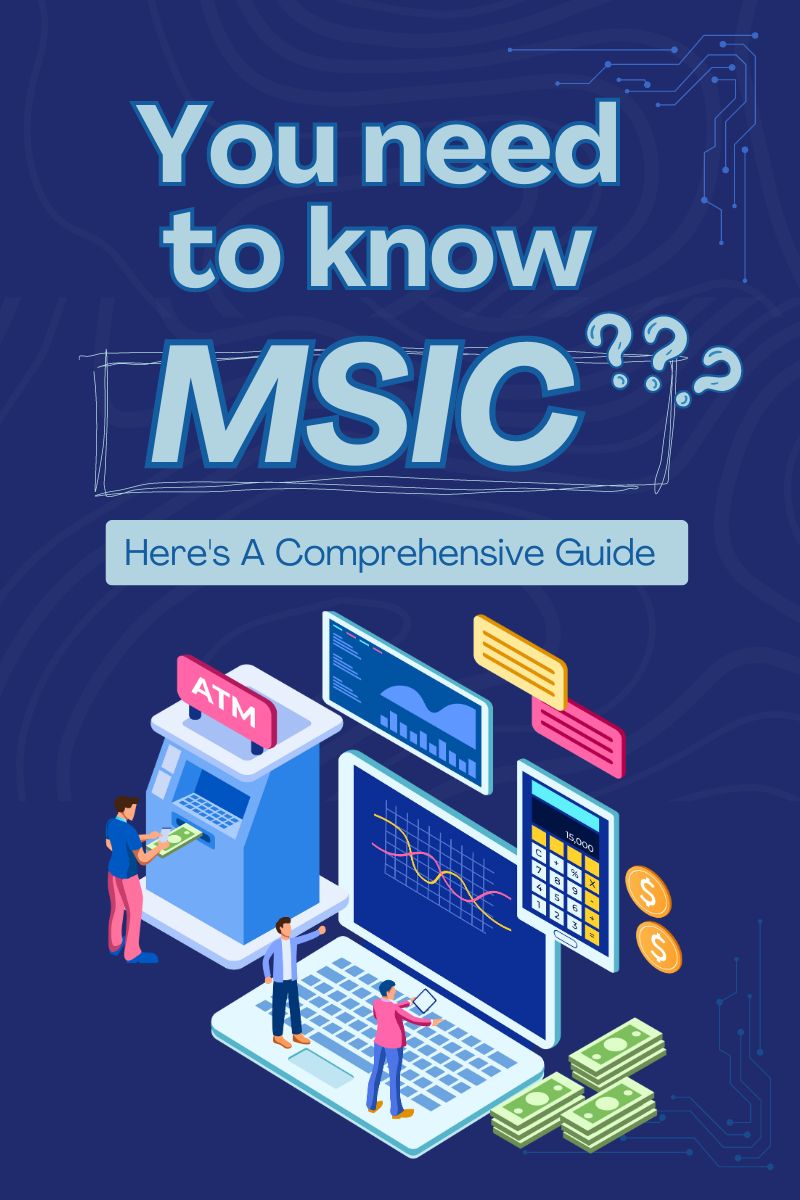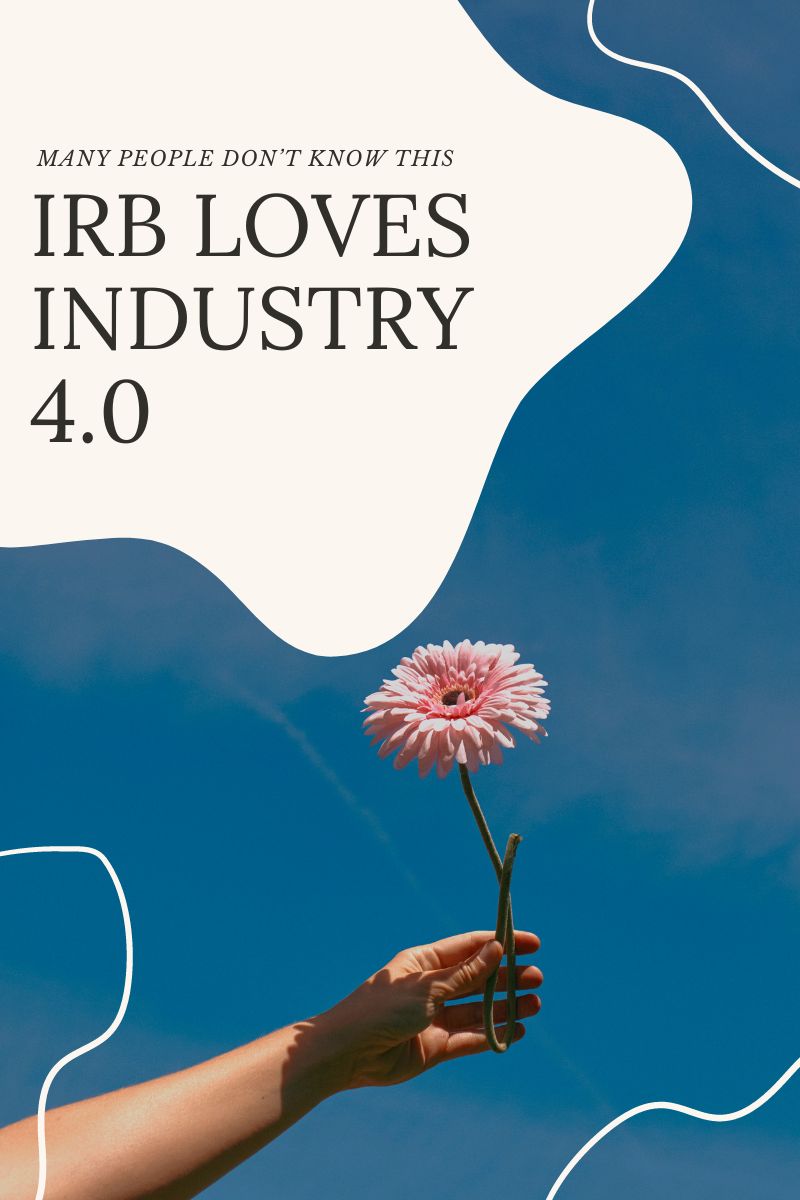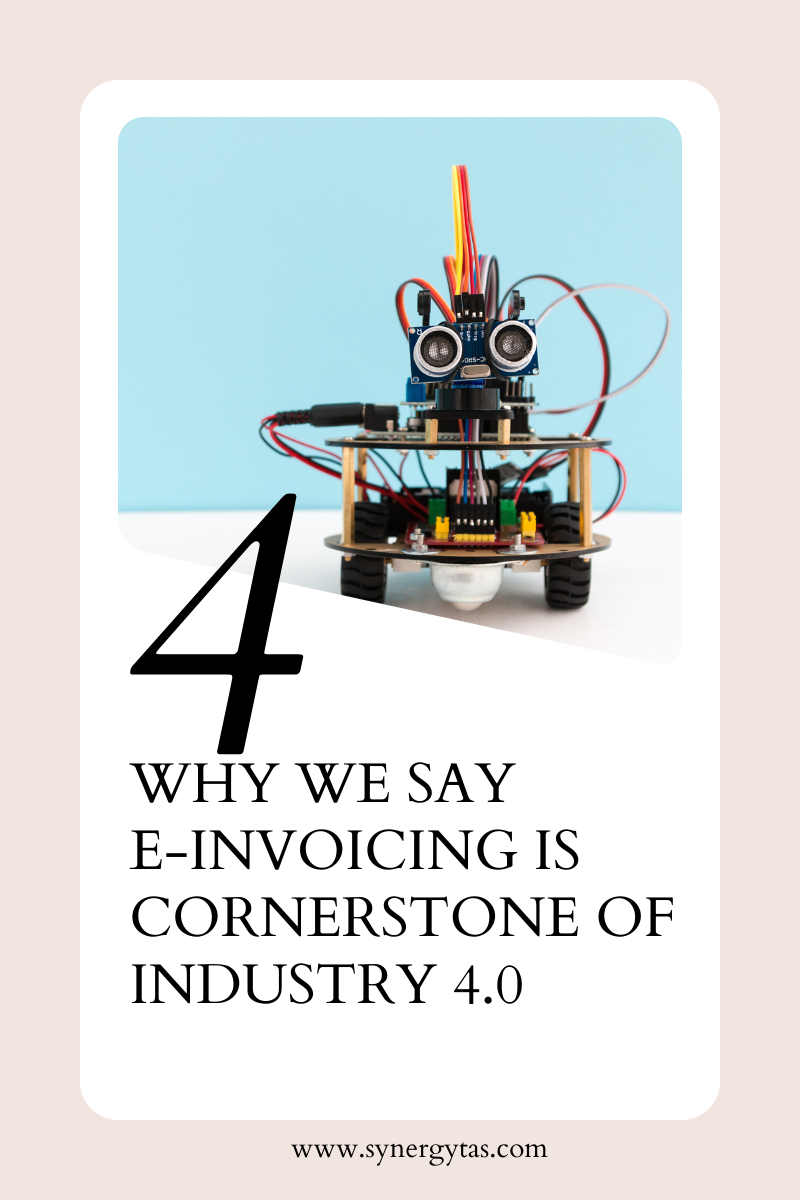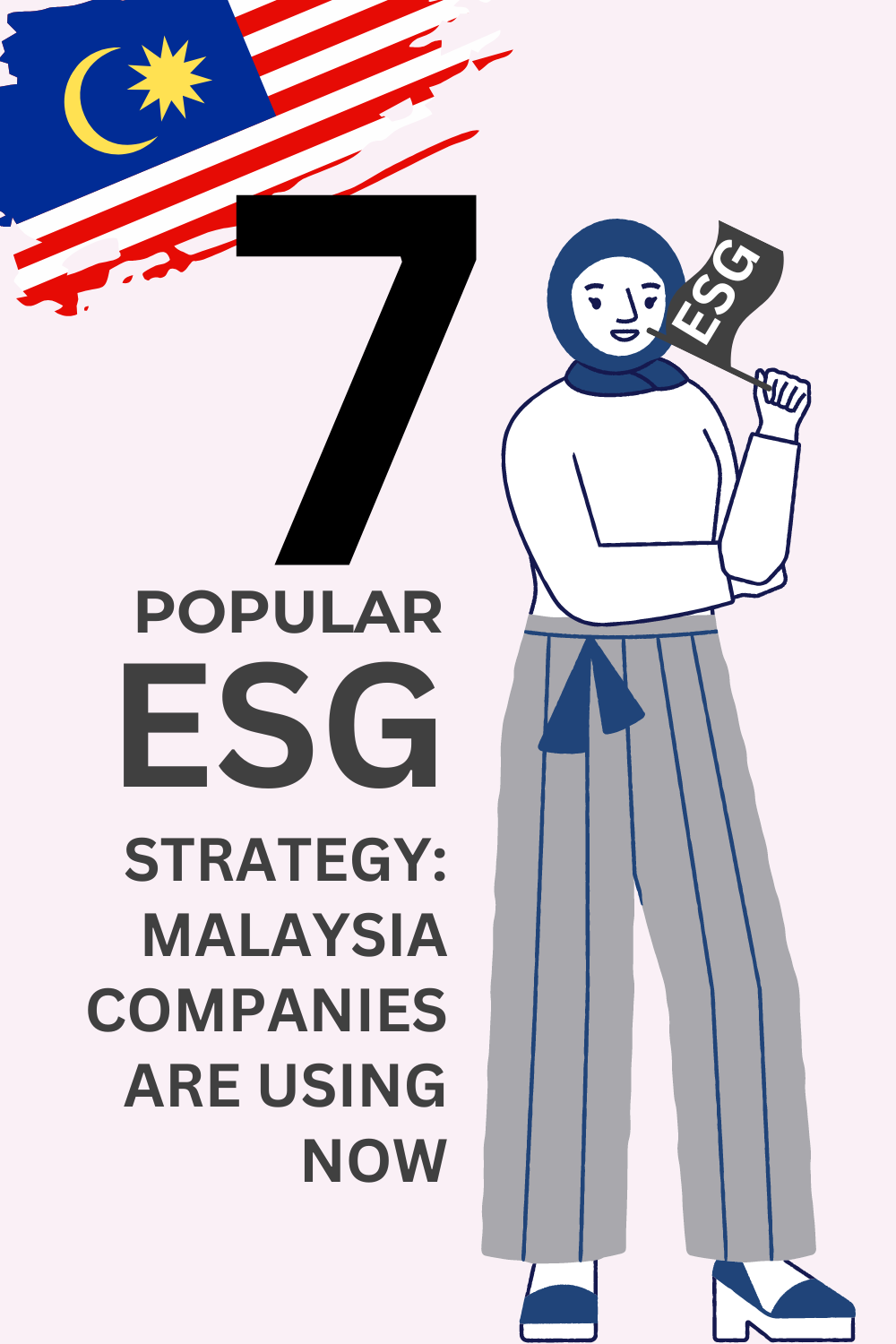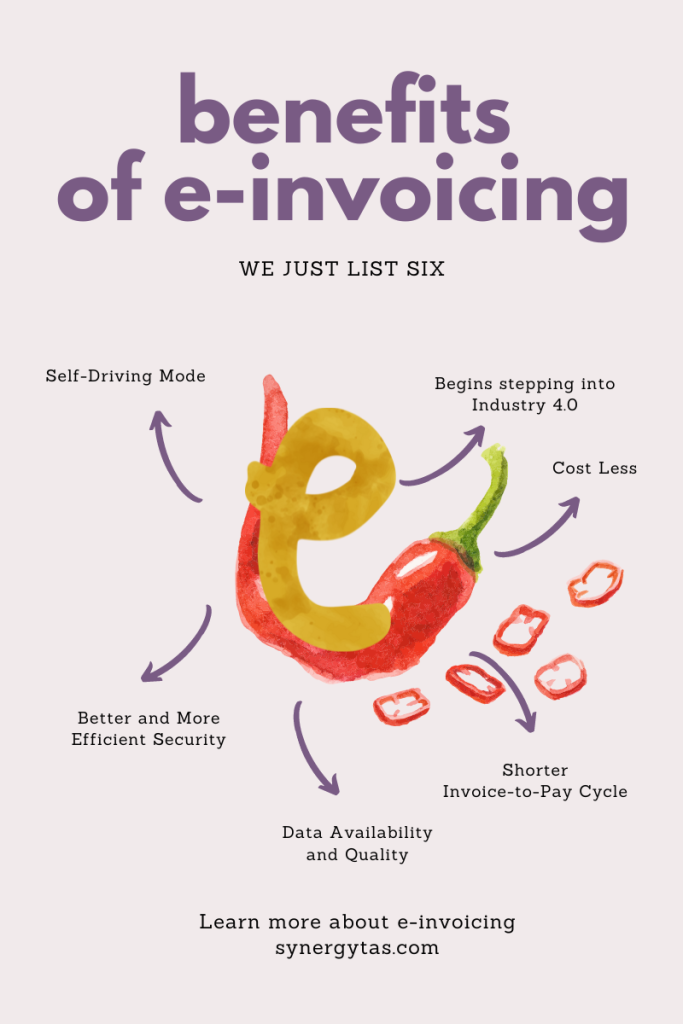
The Digital Dawn of Invoicing: Revolutionizing the Malaysian Business Landscape
In a nation where tradition meets innovation, the ground beneath the business sector in Malaysia is shifting. The transition from paper to pixels in invoicing is not just a tech trend; it’s an overhaul redefining financial processes and efficiency.
For tax consultants, small businesses, and accounting professionals, this shift is more than just a modern convenience. It’s a sea change in reliability, transparency, and scalability.
Advantage – 1: Self-Driving Mode
Transition from Manual to Machine
Think about your current invoicing process. How many operational hands touch the task from creation to delivery? E-invoicing slashes the need for manual intervention, strategically automating repetitive tasks. It’s more than just digitizing data – it’s smart technology that can predict, adapt, and respond to changes in real time.
With automated reminders and status updates, businesses can ensure no invoice falls through the cracks. With machine learning, the system can analyze payment patterns and send personalized follow-ups, improving cash flow forecasting.
The Softwares and Standards
In Malaysia, the standard is defined as the PEPPOL (Pan-European Public Procurement Online) standard, a format approved by the Malaysian Administrative Modernisation and Management Planning Unit. Software solutions like MYOB and Xero tailor their systems to adhere to these standards and better support businesses in complying with the government’s requirements.
Advantage – 2: Cost Less
Cutting Costs, Not Corners
The transition from paper to e-invoicing is not just a ‘green’ initiative; it’s a cost-saving one. Reduced paper, printing, and postage costs are just the beginning. Lower labour costs, more accurate invoicing, and minimized human error can save businesses up to 80% in processing costs.
The external financial outlay may seem minimal, merely swapping out the cost of paper for a software subscription. The real savings, however, come with the streamlined processes that e-invoicing enables, freeing up both time and capital for business growth and innovation.
The Financial Flow
Invoicing becomes more than just a financial transaction—it becomes part of a business’s financial planning. Forecasting tools can leverage historical data to predict future cash flows. With one system cross-referencing all financial documents, companies can assess their financial health with precision, allowing for strategic decision-making.
Advantage – 3: Much Shorter Invoice-to-Pay Cycle
From ‘Wait-And-See’ to ‘Here-and-Now’
In the pre-digital days, waiting for an invoice to follow a long and winding paper trail was par for the course. E-invoicing revolutionizes this, with invoices now arriving instantly, sometimes even before the goods themselves.
This immediacy benefits both the buyer and the seller. Accelerated payment timelines can reduce DSO (Days Sales Outstanding) by up to 50%. For vendors, this means better cash flow; for buyers, better relationships and potentially discounts for prompt payments.
The Power of Real-Time Data
E-invoicing transforms how we view business operations. With real-time insights into the invoicing process, businesses can make dynamic decisions that rely on current, not historical, data. During financial reviews, access to current information simplifies compliance and reporting requirements, making audits and tax submission less daunting tasks.
Advantage – 4: Data Availability and Quality
Data-Driven Decision Making
E-invoicing doesn’t just make data available; it makes it insightful. With transactional data automatically stored and categorised, businesses gain a deeper understanding of their financial health and can make data-driven decisions with confidence.
Analytics and AI
Advanced analytics and AI turn this insight into action. They can predict cash flow, assess payment risk, and even automate the reconciliation process, all with little to no human input, thus ensuring that the data is not just available but of the highest quality.
Advantage – 5: Better and More Efficient Security
The Cybersecurity Unseen
In an interconnected world, invigorating security is non-negotiable. E-invoicing, when executed correctly, can lead to a more secure financial framework. Digital signatures, encrypted transmissions, and secure gateways make e-invoicing harder to tamper with, unlike the physical documents vulnerable to loss, fraud, and forgery.
The Paper Trail Pitfall
Beyond the physical risks, paper invoicing can harbour financial data prone to loss and misplacement. When fiscal data is digitally secured, backed up, and monitored, businesses are better equipped to handle cybersecurity threats. Furthermore, e-invoicing emphasizes role-based access controls, ensuring the right data is seen by the right personnel.
Advantage – 6: Begins stepping into Industry 4.0
The Emergence of Industry 4.0
E-invoicing marks Malaysia’s first steps towards Industry 4.0, where digital communication and interconnectivity redefine production and distribution systems. This move sets the stage for more advanced technological integrations, paving the way for AI-assisted manufacturing, Internet of Things (IoT), and other high-tech solutions.
A Long Game with Long-Term Gains
While the benefits of e-invoicing are immediate, the long game involves preparing businesses for the inevitable future of technology-led business practices. A timely entry into the digital foray ensures that businesses are ready to harness the full potential of Industry 4.0, gaining a competitive edge and ensuring sustainability for the long term.
The E-Invoicing Imperative in Malaysia
Malaysia’s adoption of e-invoicing isn’t just a governmental decree; it’s a strategic shift that aligns businesses with the digital age. The benefits aren’t just efficiency and cost-saving; they’re paving the way for a more strategic, secure, and data-rich business environment.
To harness these benefits, businesses must do more than simply switch to digital invoicing. They must also be ready to adapt their processes, platforms, and attitudes towards a more connected, automated future.
For tax consultants, small businesses, and accounting professionals, staying ahead is not only about digital literacy; it’s about becoming the architects of a more robust financial future, one byte at a time.
E-invoicing in Malaysia isn’t just about keeping up with the tide; it’s about carving out a new, more sustainable path. The question isn’t if you should adopt e-invoicing; it’s when and how you’ll integrate this transformative technology into your business model.
